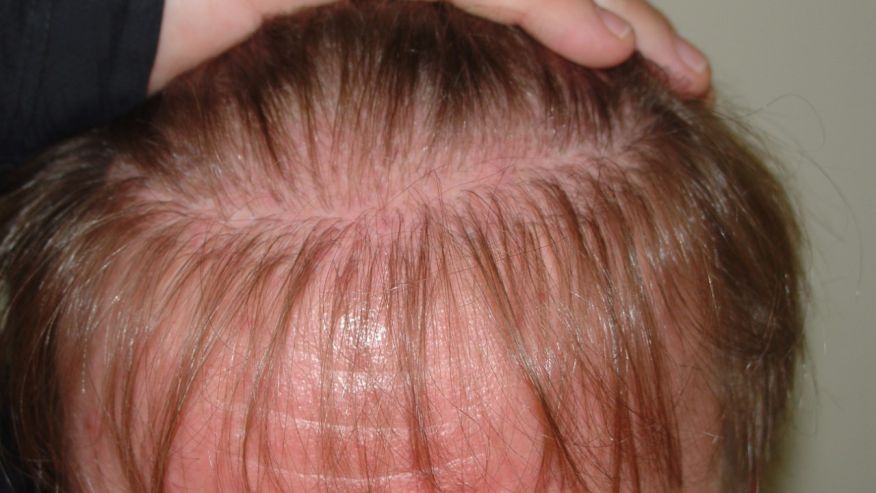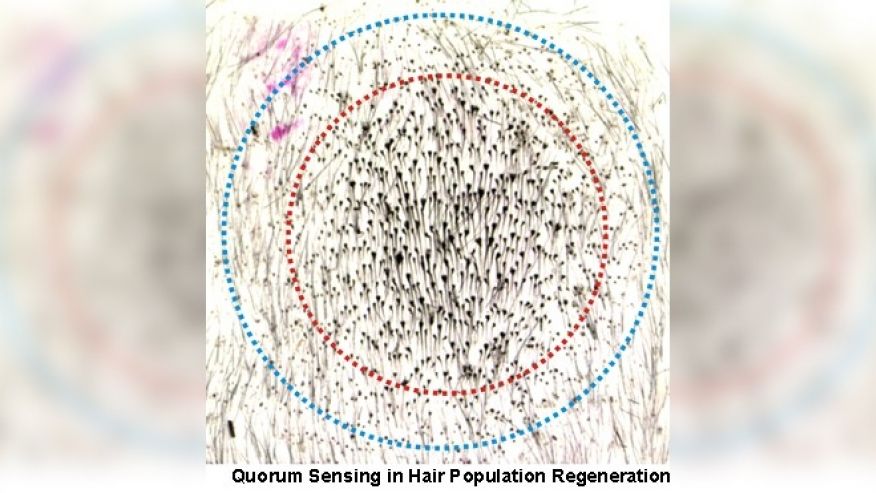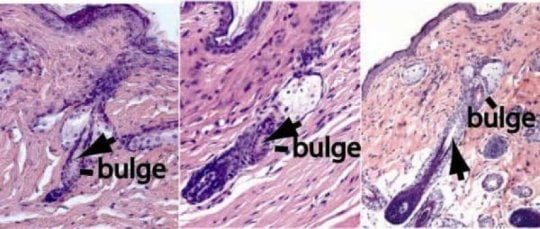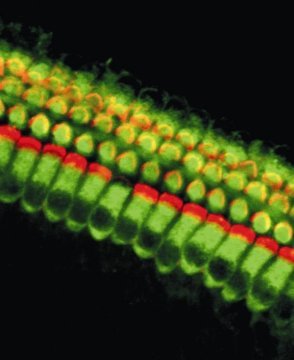
As a tropical country, Indian skin is likely to be dark due to greater exposure to sun rays and ultraviolet radiation. What few may know is that genes have a major role to play in developing such attributes. Skin colour or pigmentation in human beings ranges from dark brown to pale white, and depends on the level of melanin. Pheomelanin causes reddish yellow pigments, while eumelanin gives deep brown colour to the skin. Since greater sun exposure leads to increased melanin production, people living in areas that receive higher amounts of ultraviolet radiation, generally located closer to the equator, tend to have darker skin while areas closer to the poles have lower intensity of ultraviolet radiation, which is reflected in lighter-skinned populations.
Skin colour is determined genetically—genes tell the body how much of the two types of melanin to produce. Rising melanin levels darkens our natural pigment, which acts as a protection against the sun’s UV rays but also prevents body from absorbing enough vitamin D. Common skin conditions such as vitiligo, eczema, freckles, sun spots or sunburns, and abnormal tanning can be either due to photoaging of skin or an inflammatory autoimmune conditions, and can have a connection to the genes of that person. Striae distances, commonly known as stretch marks, also has a genetic aspect to it.
The scarring on the skin occurring due to stretching of the inner layer of skin when it changes shape rapidly due to growth or weight gain is affected by the gene near ELN which impacts elastin, the major component of elastic fibres. These fibres provide reversible extensibility to connective tissue and any mutations in elastin that result in a loss of mature elastin can affect the elasticity of skin.
It will be wrong to blame your genes for all that is wrong with your skin. The lifestyle choices you make also play an important role in deciding skin health. There are 200 genes that control how your skin defends against free radicals that can damage the skin by speeding its aging process.
Adopting just a few healthy lifestyle habits can improve skin:
• Staying hydrated keeps the skin hydrated, making it look plumper and more supple.
• Wear sunscreen to prevent tanning, sun spots, discolouration and wrinkles.
• Smoking is bad for skin as toxic chemicals in cigarettes can seep into pores, causing congestion and damage due to free radical accumulation.
• Eat foods rich in antioxidants and vitamins, right from fatty fish to vegetables and fruits. Such ingredients can help neutralise free radicals that cause skin discolouration and wrinkles.
The author is founder of Gene Box
[“source=newindianexpress”]






















